Thailand is a country containing incredible biological diversity. However, our natural resources have been continuously depleted over time. Sustainable practices to protect natural resources while utilizing conservation, is our focus at the Thailand Institute of Scientific and Technological Research (TISTR).
TISTR, is a state enterprise under the Ministry of Higher Education, Science, Research and Innovation, or MHESI, and realizes the importance of biological diversity protection. It implements both In-situ and Ex-situ conservation:
Focusing on In-situ conservation, the Sakaerat Environmental Research Station (SERS), established in 1967, and located in Nakhon Ratchasima, northeastern Thailand, covers an area of 78.08 km2 of tropical forest. Designated as the Sakaerat Biosphere Reserve under the UNESCO Man and Biosphere Programme, SERS is the first biosphere reserve in Thailand and one of many among Asia and Pacific countries. Since its establishment, the station has intensively protected biodiversity.


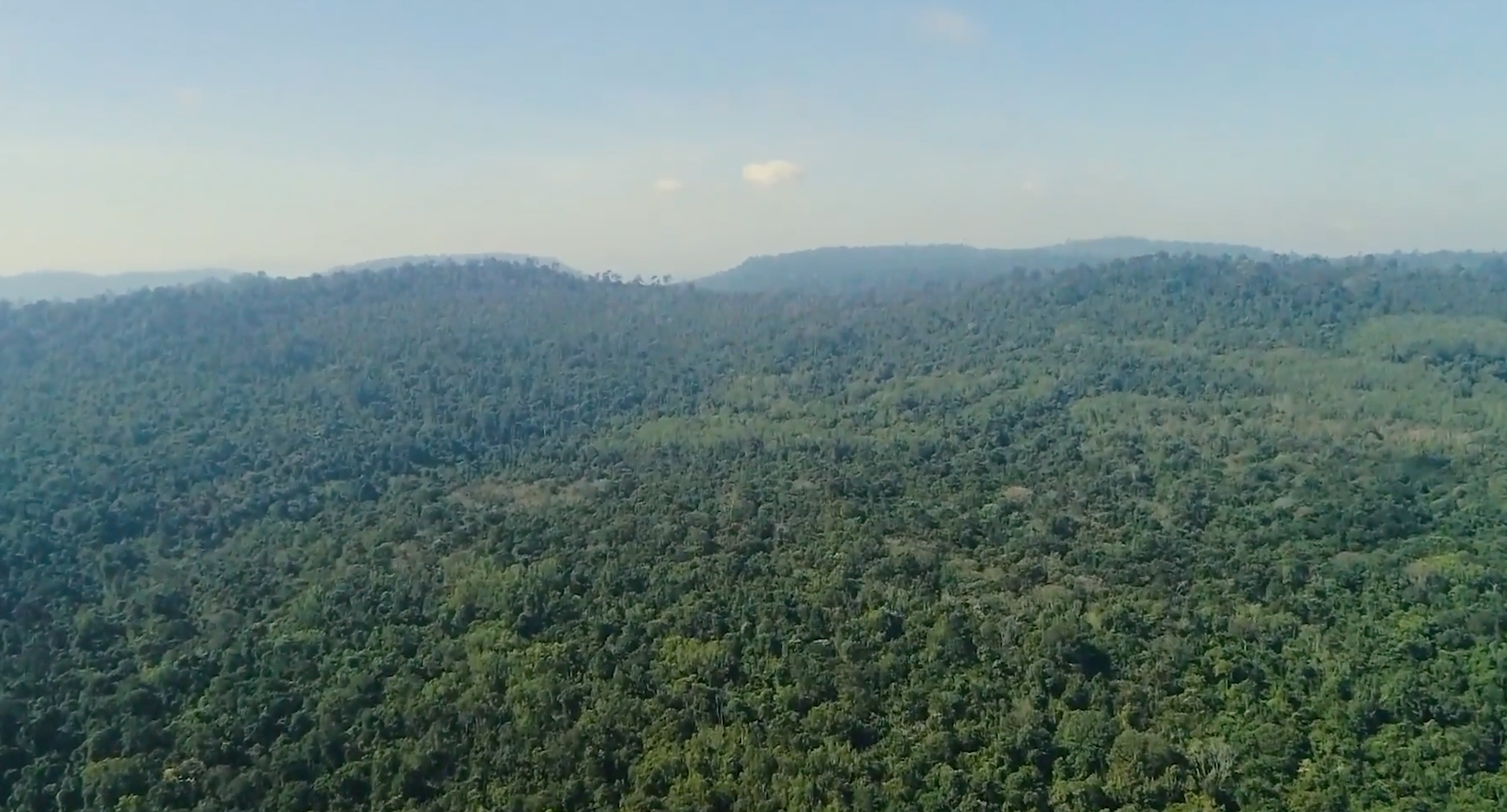
SERS has continuously and effectively protected forest areas as well, and maintains a high level of flora and fauna biodiversity. The areas contain over 1,000 vascular plant species, 400 invertebrate species, 500 species of vertebrates, and includes more than 250 species of birds. Conveniently, SERS is one of the most popular places to observe the incredible Siamese Fireback, Thailand’s national bird. Moreover, this area is a locality for over 50 unique species, drawing many researchers from both Thailand and abroad to conduct projects focusing on the ecology of tropical forests and animals. There have been more than 800 articles published both domestically and internationally on the Sakaerat area, making it an important conservation area for learning, research, and ecotourism for people all over the world.
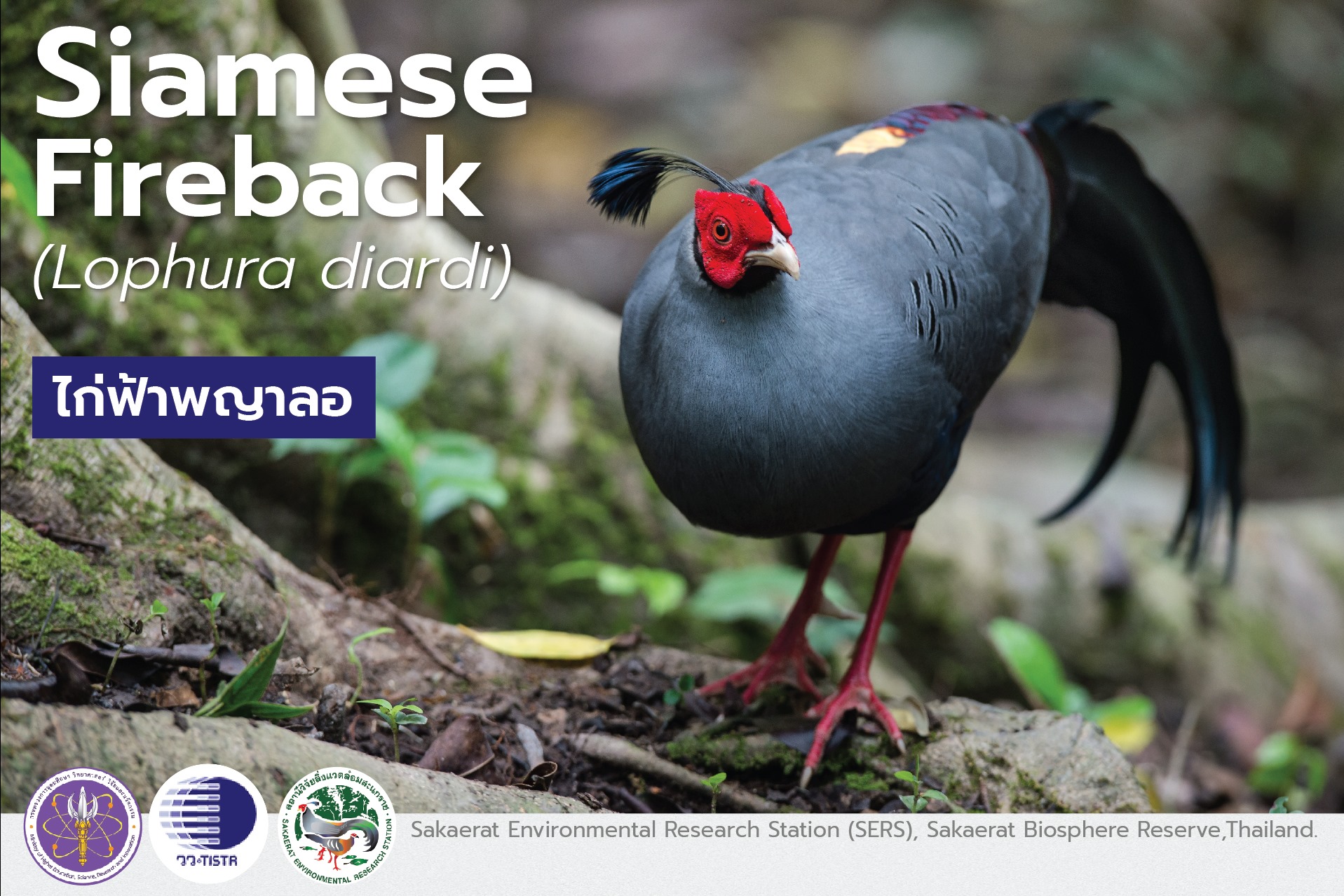
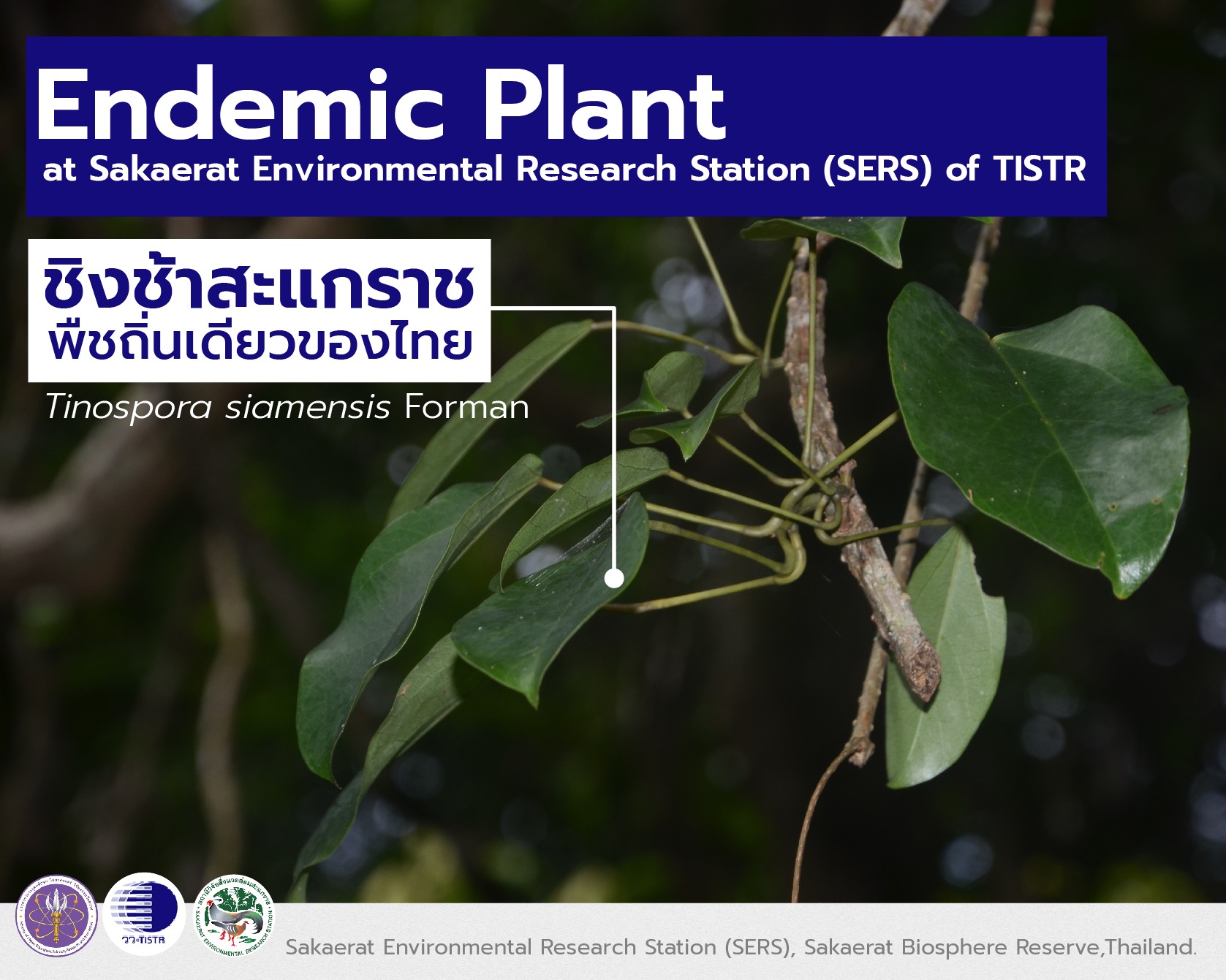

In addition, the station has a mission to promote and exchange knowledge on the sustainable use of local natural resources. SERS supports the cultivation of economically viable trees, in combination with indigenous mycorrhizal fungi to help accelerate growth-rate and reduce tree mortality. This also increases the yield of edible mushrooms in the area. The station teaches local communities to cultivate Melientha suavis, a high-value vegetable, and other edible wild plants. SERS also conducts training on weaver-ant farming, to increase the income for local people, while creating jobs and careers. This helps establish a basic and crucial understanding of the natural resources available to the communities, which is fundamental for people to live sustainably.
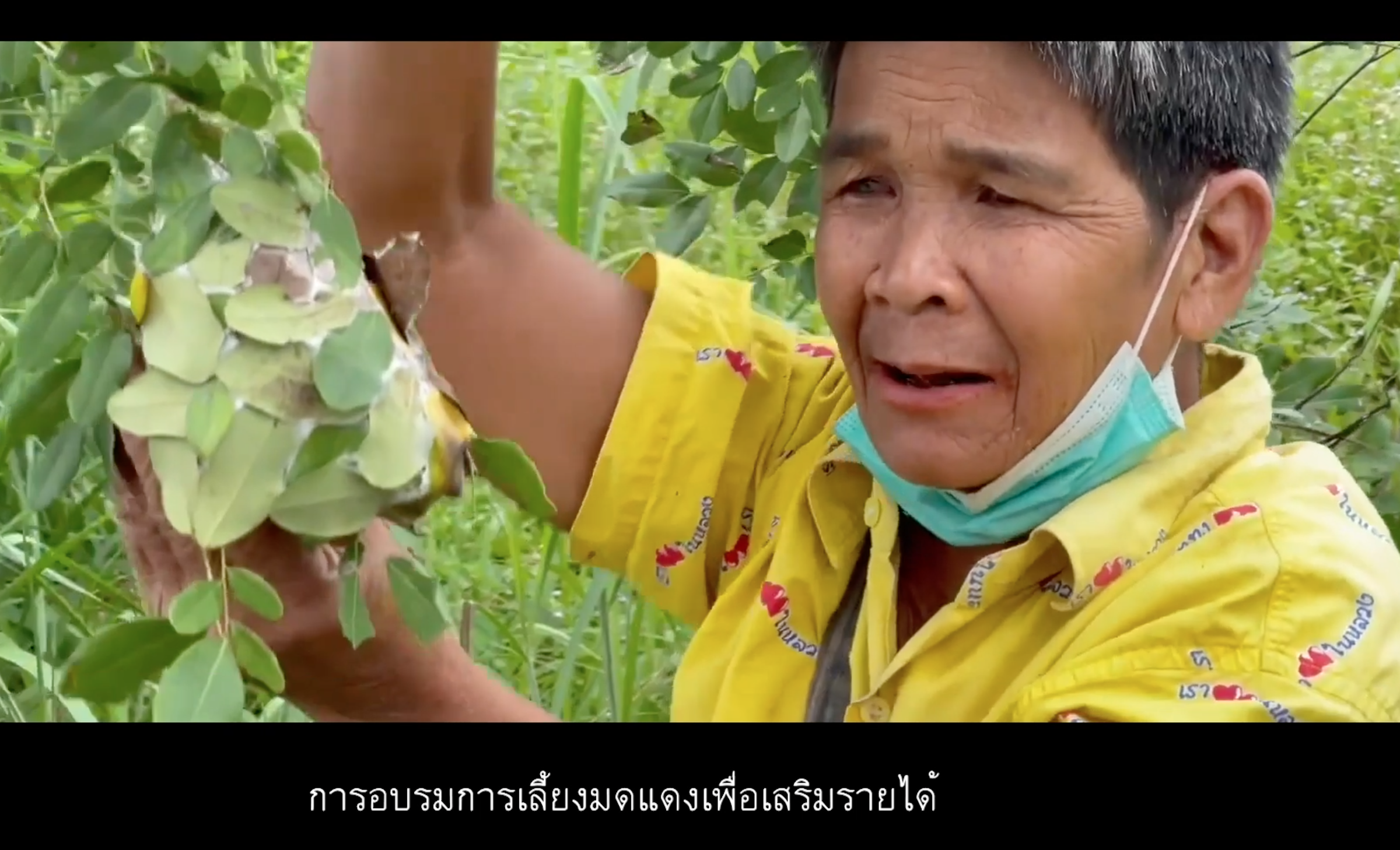


In terms of Ex-situ conservation; TISTR has established the Community Seed Bank at Lamtakhong Research Station (LTRS) in Nakhon Ratchasima. The seed bank collects more than 200 agricultural, indigenous, and wild-plant species. There are 20 seed types under conservation that can be only found within Thailand, including various herbs, household vegetables, and fruit crops. Over 300 seed types have been planted at the 1st and 2nd Chalerm Phra Kiat Greenhouse Buildings of LTRS.


At LTRS, we also study insect biodiversity. This includes breeding rare insect species, research on insects as a food source, and the utilization of insects for agricultural purposes. The Tropical Insect Sanctuary at LTRS is a learning space focusing on various species for researchers, students, and interested people.



In addition, TISTR has a Culture Collection Center, also known as Bangkok MIRCEN, and is the first collection center in Thailand of its kind. It was established with the support of UNESCO to strictly store and conserve various microbial strains found within Thailand and other countries. Over 11,000 strains are collected in its database, and are available for various purposes. The Culture Collection Center provides testing and analysis, deposit of microbial strains, intellectual property application in terms of entrepreneurial research, studies on the utilization of microorganisms, identification and characterization of novel species, and selection of potential microorganisms for bio-based product development used in the agricultural, medical, food, energy, and environmental sectors.
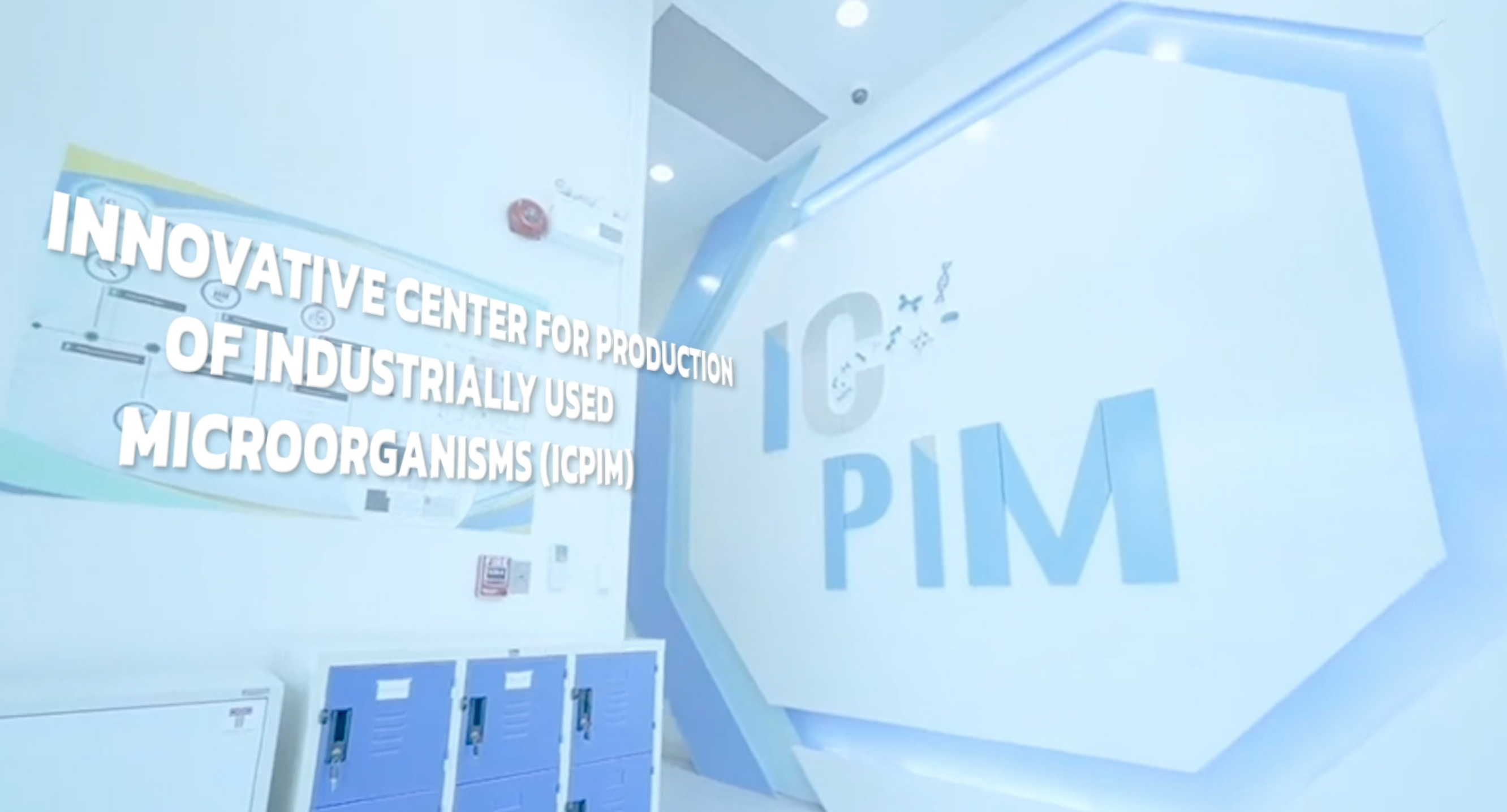
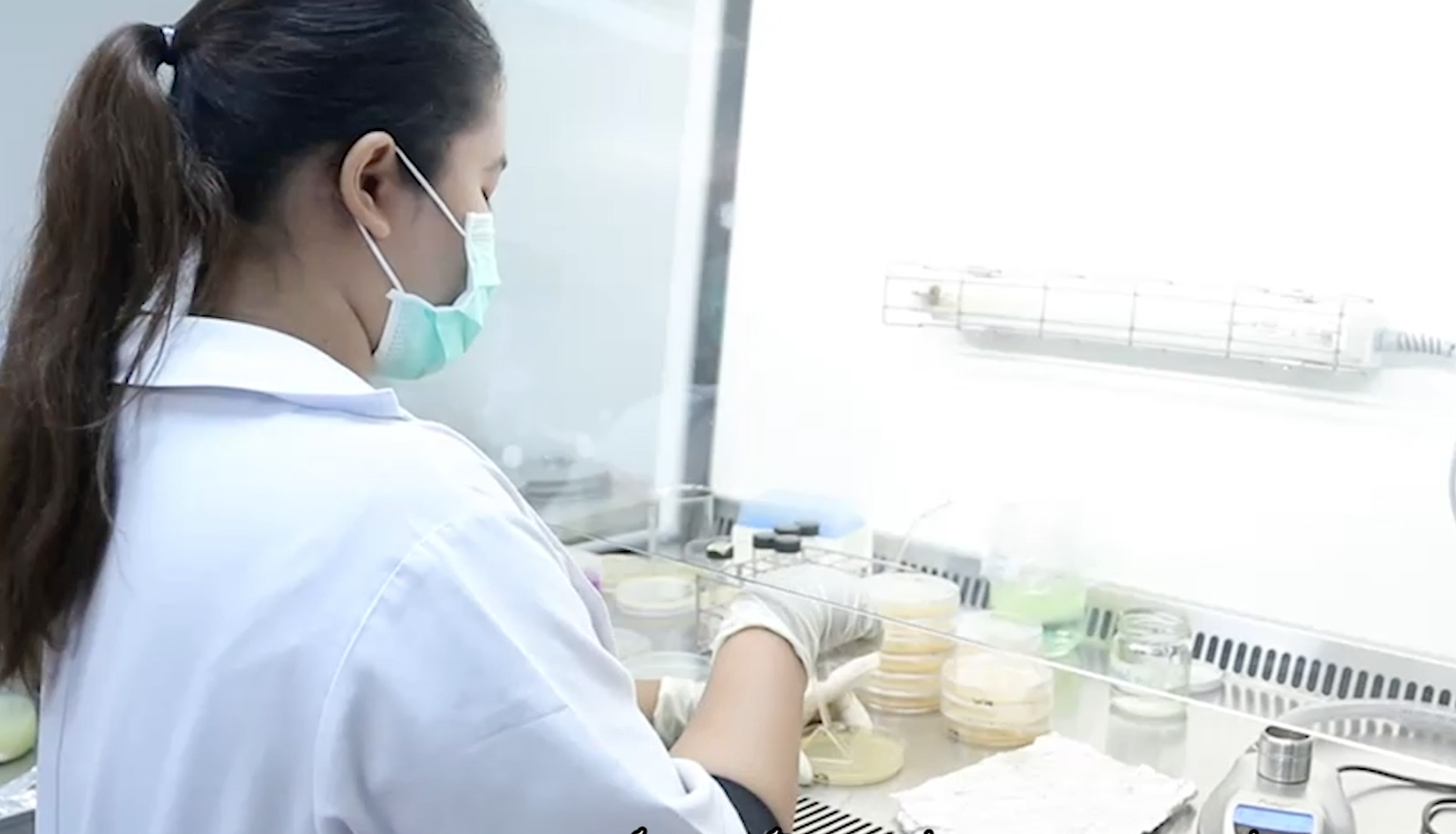
TISTR’s dedication to promote both In-situ and Ex-situ conservation, focus on research and development, and building infrastructures to leverage a bio-based economy, is in line with the BCG Economic Model of the country.
TISTR commits to the natural protection and conservation of biological diversity, for the next generation.
See the vdo clip here :
Views: 376

